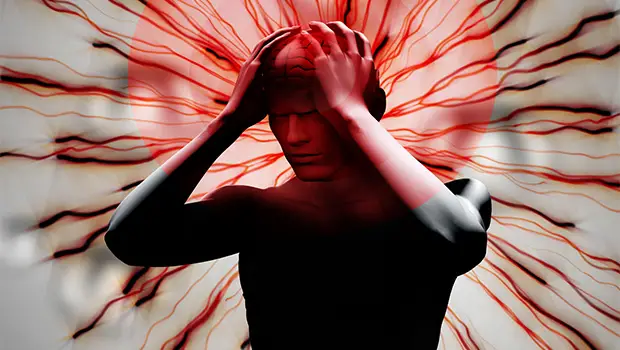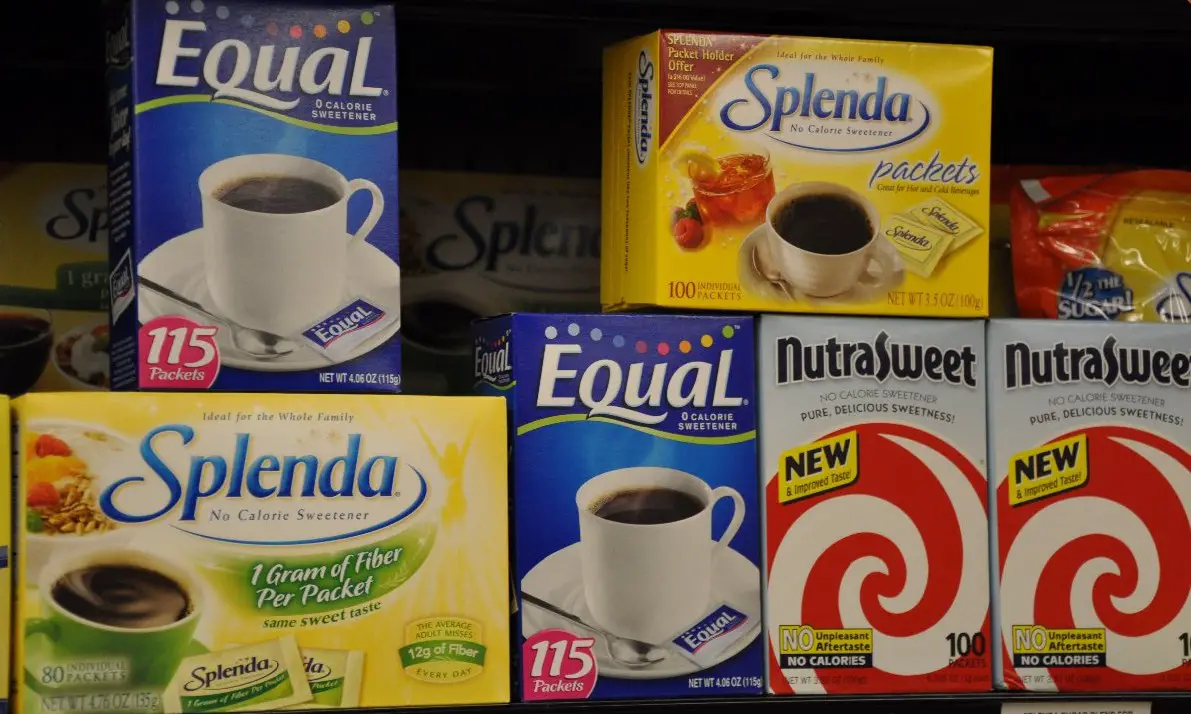A ten year study completed at the University of Iowa by Dr. Ankur Yvas and other researchers concluded that two or more diet soda drinks per day strikingly increases one’s risk of heart disease, including stroke and heart attack. The study included nearly 60,000 women and found that in comparison to women who never or rarely drink diet soda, women who drink two or more per day are 30% more likely to have a cardiovascular-related event (like stroke or heart attack) and 50% more likely to die from a cardiovascular-related event.

Ditch all soda entirely, suggests the study findings. Source
“This is one of the largest studies on this topic, and our findings are consistent with some previous data, especially those linking diet drinks to the metabolic syndrome. Our study suggests an association between higher diet drink consumption and mortality. This could have major public health implications.” says Dr.Ankur Vyas, a fellow in cardiovascular disease at UI Hospitals and Clinics, and the lead investigator of the study.
A Closer Look At Aspartame
Aspartame is found in over 6000 products around the world and is a common artificial sweetener that is found most predominantly in diet soda.
Perhaps the aspartame is the associated link in the study with over 60,000 women. Looking at the facts about aspartame, it appears it is the case, along with other factors.
While we are told aspartame is safe and diet soda is better for you than regular soda, the opposite is true. Once again, the propaganda coming from the FDA and Big Food cares only for profit and not at all with the health of the individual.
According to Dr. Joseph Mercola, 75% of adverse reactions from food additives reported to the FDA come from aspartame, with the most common side effects being a migraine and headache. Aspartame is also linked to depression and increased weight. Dr. Qing Yang, of the Department of Molecular, Cellular and Developmental Biology at Yale University, explains why people gain more weight when using aspartame, even though there are no calories in it.
“Artificial sweeteners do not activate the food rewards pathways in the brain. Functional MRIs have shown that the appetite suppression brought about by real sugar doesn’t happen with artificial sweeteners, even if they contain calories. Therefore, there is nothing to tell you that it’s time to stop eating. You remain hungry! Studies have shown that aspartame increases hunger more than glucose. Anything that tastes sweet enhances appetite, no matter what makes the food sweet. So, there’s a double whammy with artificial sweeteners. Not only is your appetite increased, as it is with sugar, but there’s no signal telling you to stop eating.”

Aspartame is reported to be able to cause brain cancer. Source
How deceptive is that? We have the FDA, who knows the science that Dr. Yang explained above, yet they continue to claim aspartame is a safe food additive. Aspartame is also an excitotoxin, which is a toxin that stimulates the brain cells to death. Also, the phenylalanine found in aspartame can deplete the brain of serotonin, which is the “feel-good” neurotransmitter. As it is common practice in the food, medical and pharmaceutical industries , safety and healthiness of products do not matter. It is simply about financial gain, regardless of the effects to the consumer.
The Monsanto Connection
In the mid 1960′s a chemist working for the company by the name of of G.D. Searle accidentally created aspartame while trying to create a medicine for stomach ulcers. Searle put aspartame through some testing procedures and eventually gets approval by the FDA. After approval, the dangers of aspartame were brought to light and led to the first criminal investigation of a manufacturer ordered by the FDA, which was in 1977. In 1980, the FDA banned aspartame because it was found that it was highly inducive to create brain tumors, which was found bythree different scientists.
In January of 1981, Donald Rumsfeld was the CEO of G.D. Searle and was on Reagan’s transition team, who then chose Arthur Hull Hayes Jr. to be the new FDA Commissioner. In July of 1981, aspartame was approved for use in dry foods and 1983, aspartame was approved for beverages.
In 1985, G.D. Searle was bought by Monsanto, who then broke off the company into two separate companies, G.D. Searle and NutraSweet.

Aspartame is found in all of these artificial sweeteners. Source
With all of the information and facts presented, it is hoped that our lessons have been learned and we can all move away from such toxic, artificial substances. Is there someone you know that could benefit from this information?
Lance Schuttler graduated from the University of Iowa with a degree in Health Science and practices health coaching through his website Orgonlight Health. You can follow the Orgonlight Health facebook page or visit the website for more information on how to receive health coaching for yourself, a family member or a friend as well as view other inspiring articles.

